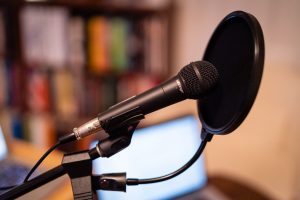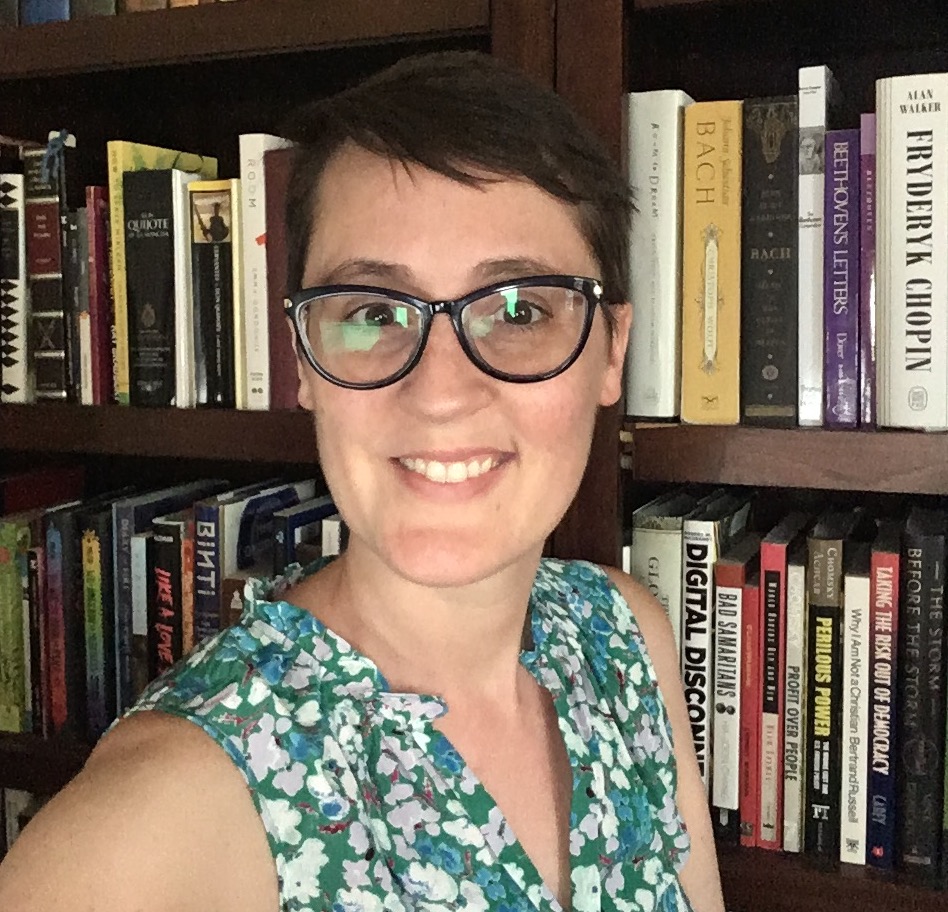
photo credit: Shawn P. Russell
So last spring, when we moved online, I decided to revamp my final project. I still provided students with the option to write a final paper, if that’s what they felt most comfortable doing, but I also added the options of creating an instructional video (more about that in a future post) or their own podcast episode.
In my World Literature courses, students make comparisons throughout the semester. They compare texts from the syllabus with other texts from the syllabus; they compare texts and characters with their own individual experiences; and they compare texts with contemporary society. For the final project, I ask them to make one final comparison. They are to choose a text from the semester’s reading list and compare it with an outside pop-culture media. This can be a book, story, poem, graphic novel, song, film, television show, play, podcast, etc. I ask that students choose a work created in the 21st century. Something that is relevant today.
After receiving approval on their proposal, they then choose which format they would like to tackle. For students choosing the audio/podcast platform, I provide them with the following guidelines:
Your voice must be narrating the majority (if not all) of the content provided. You must make direct references to each of your secondary sources at least once. This could be a quote or paraphrasing, but you must state which source you are using. Your content MUST include your own analysis of the works in question.
If you work individually, your recording must be between 10-15 minutes long. If you work together, the speaking must be split between the two individuals and the recording must be 15-20 minutes long. If possible, I recommend doing this in partners, you can Skype or Zoom with one another and record the session in order to maintain social distancing.
This, of course, is in addition to the overall requirements for the project regarding sources, quotes, organization, citation style. As mentioned above, students are asked to submit a brief proposal. Once it is approved they submit a draft bibliography for approval and an organizational outline. This serves to guide them in their audio recording, keeping them organized and on track and assuring they don’t forget to mention any important elements they wished to include.
If you are interested in hearing what some of these students have done so far, I encourage you to give their work a listen. I have compiled the work of five students who have consented to share their projects into two Student Special episodes of the podcast.
Check them out here:

